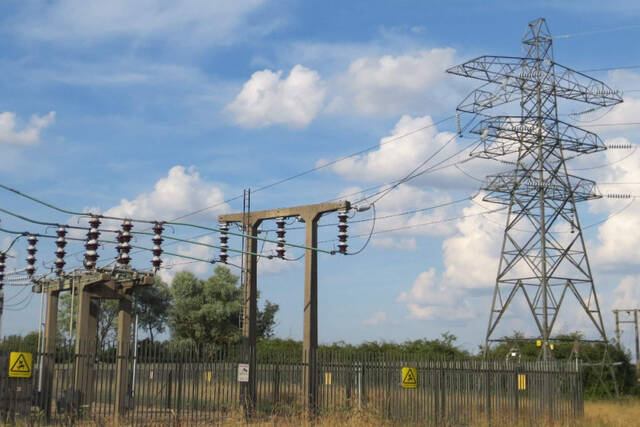- Effekt i växelströmskretsar: effektivvärde, aktiv effekt, reaktiv effekt, effektfaktor, reaktiv kompensering.
- Spänningsfall, effektöverföring mellan spänningskällor, kortslutningseffekt.
- Trefassystem: princip och fördelar, kopplingar Y och D, formler för balanserad drift, enlinjediagram, beräkning vid obalanserade fall.
- Transformatorn: princip, formler för idealtransformator; analys genom övertransformering; ekvivalentschema med magnetisering och förluster; procentimpedans; spartransformatorn; kopplingsart i trefas.
- Elektriska maskiner: beräkningar på synkronmaskinen i drift som motor eller generator; principen och enkla beräkningar på asynkron- och likströmsmaskiner.
- Kraftelektronik: dioder, tyristorer och transistorer; vanliga tillämpningar för likriktning och styrning; mer om effektivvärde, medelvärde och övertoner.
- Elnätets uppbyggnad från lågspänningsanläggningar till transmissionsnätet.
- Säkerhet och skydd: regelverk, faror med el, skydd mot överström och jordfel på olika systemnivåer.
